On Saturday, February 22nd, 2020, in Duncan Hall, SEDS Rice is hosting the 2nd Owls in Space Symposium with NASA Johnson Space Center Director Mark Geyer as our Keynote Speaker. The Symposium is hosted by students for students to engage with space culture and industry. The Symposium supports SEDS Rice’s purpose to empower undergraduate and graduate students to explore and engage in space disciplines both at Rice and abroad.
Feedback Form
Additional Information:
- Dress is business casual.
- Please arrive ten minutes early to each session to ensure seating.
- This event is about space education, engagement, and careers; therefore, there will be a networking and career fair section of the event.
- Meet new people, make long lasting connections, and have fun!
Event Schedule:
- 1:00 – 1:30 PM – Keynote NASA Johnson Space Center Director Mark Geyer
- 1:35 – 2:20 PM – Moon to Mars Panel
- 2:25 – 3:10 PM – Human Exploration Panel
- 3:15 – 3:30 PM – Special Guest NASA Deputy Associate Administrator Melanie Saunders
- 3:30 – 5:00 PM – Networking, Reception, and Career Fair
Moon to Mars Panelists:
- Tony Castilleja, Boeing Business Development for Space Exploration, Rice BSME ‘09, MSME ‘11
- Chris Culbert, NASA Commercial Lunar Payloads Services Manager
- Meagan Crawford, SpaceFund Managing Partner, Rice MBA ‘09
- Amiee Quon, NASA Jet Propulsion Laboratory Mechanical Integration Engineer, Rice BSME ‘05
Human Exploration Panelists:
- Dr. Franklin Chang Diaz, Ad Astra Rocket Company CEO and Former Astronaut
- Dr. David Alexander, Rice University Professor and Rice Space Institute Director
- Laurence Price, Lockheed Martin Orion Deputy Program Manager
- Mark Craig, Retired NASA Executive
- Sam Schnuer, Cimarron Software Services Spaceflight Systems Lead, Rice BSME ‘04
Companies in attendance:
- NASA
- Lockheed Martin
- Boeing
- Spaceport Houston
- Analytical Graphics, Inc. (AGI)
- NanoRacks
- Cemvita Factory
- AEXA Aerospace
- Ad Astra Rocket Company
- Leidos
- Space Center Houston
- Lunar and Planetary Institute
- SpaceFund
- Tietronix
- Axiom Space
- Jacobs
- Cimarron Software Services
Keynote Speaker: Mark Geyer, NASA JSC Director
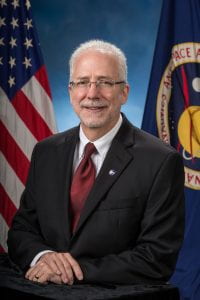
Mark S. Geyer is the 12th director of NASA’s Johnson Space Center, a position he assumed on May 25, 2018. In this role, Geyer leads a workforce of approximately 10,000 civil servant and contractor employees at one of NASA’s largest installations in Houston and the White Sands Test Facility in Las Cruces, New Mexico.
Geyer began his NASA career in 1990 at NASA Johnson in the new business directorate. He joined the International Space Station Program in 1994, where he served a variety of roles until 2005, including chair of the space station Mission Management Team, manager of the ISS Program Integration Office and NASA lead negotiator with Russia on space station requirements, plans and strategies.
From 2005 to 2007, Geyer served as deputy program manager of the Constellation Program, before transitioning to manager of the Orion Program, a position he held until 2015. Under Geyer’s direction, Orion was successfully tested in space in 2014 for the first time, bringing NASA another step closer to sending astronauts to deep space destinations.
After supporting Orion, Geyer served as deputy center director at NASA Johnson until September 2017. In this role, he helped the center director manage a broad range of human spaceflight activities, including the center’s annual budget of approximately $5.1 billion.
From October 2017 to May 2018, Geyer served as the acting deputy associate administrator for technical for the Human Explorations and Operations Mission Directorate at NASA Headquarters in Washington. In this position, he was responsible for assisting the associate administrator in providing strategic direction for all aspects of NASA’s human spaceflight exploration mission.
Born in Indianapolis, Geyer earned both his Bachelor of Science and Master of Science degrees in Aeronautical and Astronautical Engineering from Purdue University in Indiana.
Geyer is the recipient of the NASA Distinguished Service Medal, Meritorious Executive Rank Award and the Distinguished Executive Rank Award.
He is married to Jacqueline Geyer, and they have three children.
Special Guest Speaker: Melanie Saunders, NASA Deputy Associate Administrator
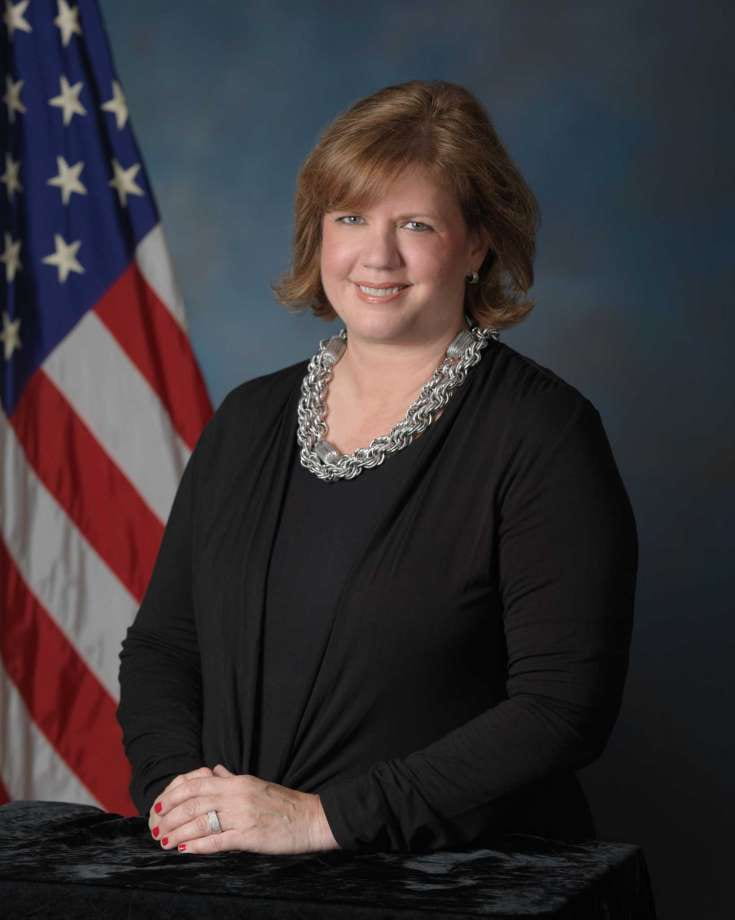 Melanie Saunders is NASA’s deputy associate administrator, a role she began in an acting capacity during June 2018 and converted to permanent in October 2018. In this position, she assists the NASA administrator and senior managers in implementing all aspects of the agency’s functions, policy, and integration of programs. She chairs the NASA Mission Support Council (MSC), which serves as the Agency’s senior decision-making body regarding the integrated Agency mission support portfolio.
Melanie Saunders is NASA’s deputy associate administrator, a role she began in an acting capacity during June 2018 and converted to permanent in October 2018. In this position, she assists the NASA administrator and senior managers in implementing all aspects of the agency’s functions, policy, and integration of programs. She chairs the NASA Mission Support Council (MSC), which serves as the Agency’s senior decision-making body regarding the integrated Agency mission support portfolio.
Saunders had been the acting deputy director of NASA’s Johnson Space Center in Houston, from February-June 2018 and the associate director since 2009, managing one of NASA’s largest installations, with nearly 11,000 civil service and contractor employees – including those at White Sands Test Facility in Las Cruces, New Mexico – and an annual budget of approximately $5 billion. She oversaw a broad range of human spaceflight activities.
Prior to being named associate center director, Saunders served as Associate Manager of the International Space Station (ISS) Program from 2005 to 2009 during the most intensive phases of ISS assembly. Saunders joined NASA in 1994, negotiating international agreements and managing export control for the International Space Station Program.
Saunders has received the Meritorious Presidential Rank Award, two NASA Outstanding Leadership Medals, NASA Exceptional Service Medal, a Silver Snoopy, and numerous other individual and group achievement awards. She holds a bachelor’s degree in History from the University of California, Santa Barbara and a Juris Doctor from the University of California, Davis. She is a member of the California and Florida Bars (inactive status).
Saunders and her husband, Chris, have teenage triplets.
Moon to Mars Panelists
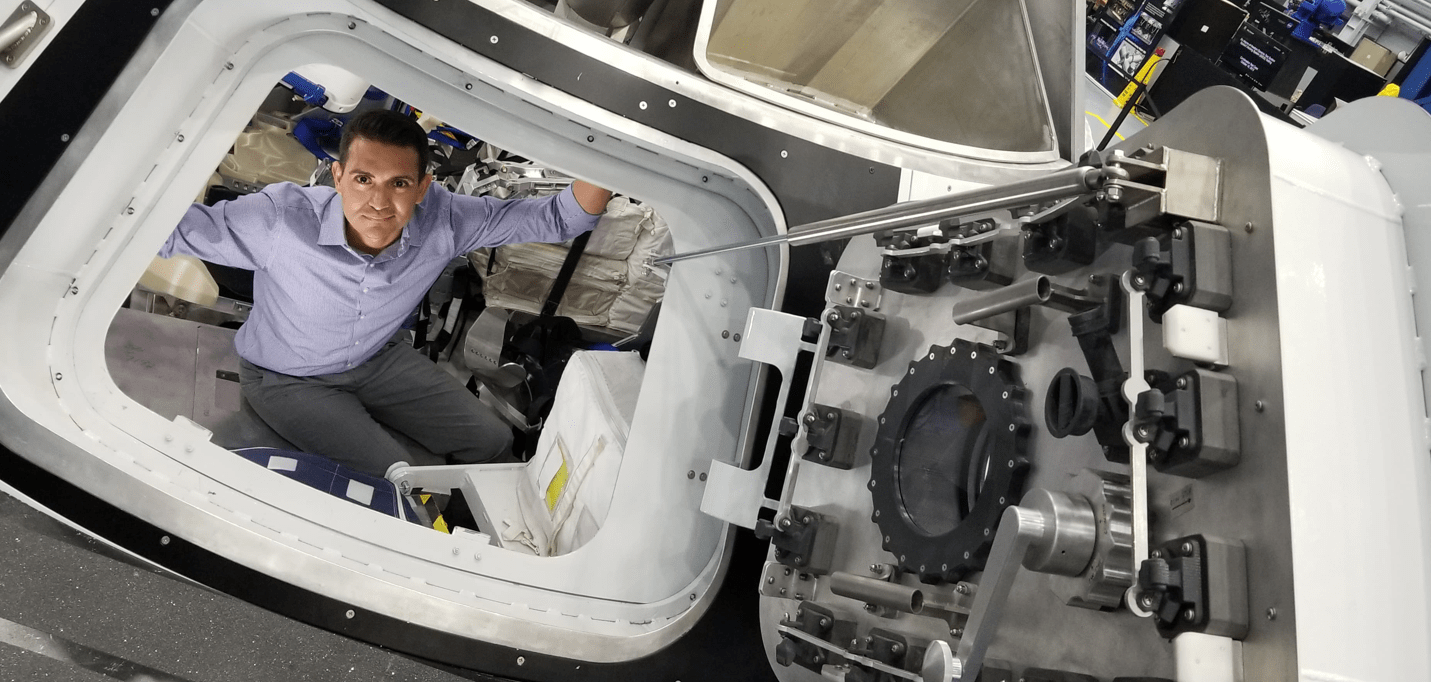 Tony Castilleja, Boeing Business Development for Space Exploration, Rice BS ‘09, MS ‘11
Tony Castilleja, Boeing Business Development for Space Exploration, Rice BS ‘09, MS ‘11
Tony Castilleja received his Bachelors of Science and Master’s in Mechanical Engineering and has worked at Boeing for more than a decade starting on the Space Shuttle Program in the Mission Evaluation Room at Mission Control, built Astronaut Trainers for the Boeing Starliner to International Space Station, and works on the Space Launch System, the NASA Rocket to the Moon and Mars.
He is the co-founder of the DREAM: Achievement through Mentorship STEM program at Rice, and received national recognitions from the Society of Hispanic Professional Engineers and was named a Houston Business Journal 40 under 40 in 2013. You can follow him on Twitter @Rocketony87
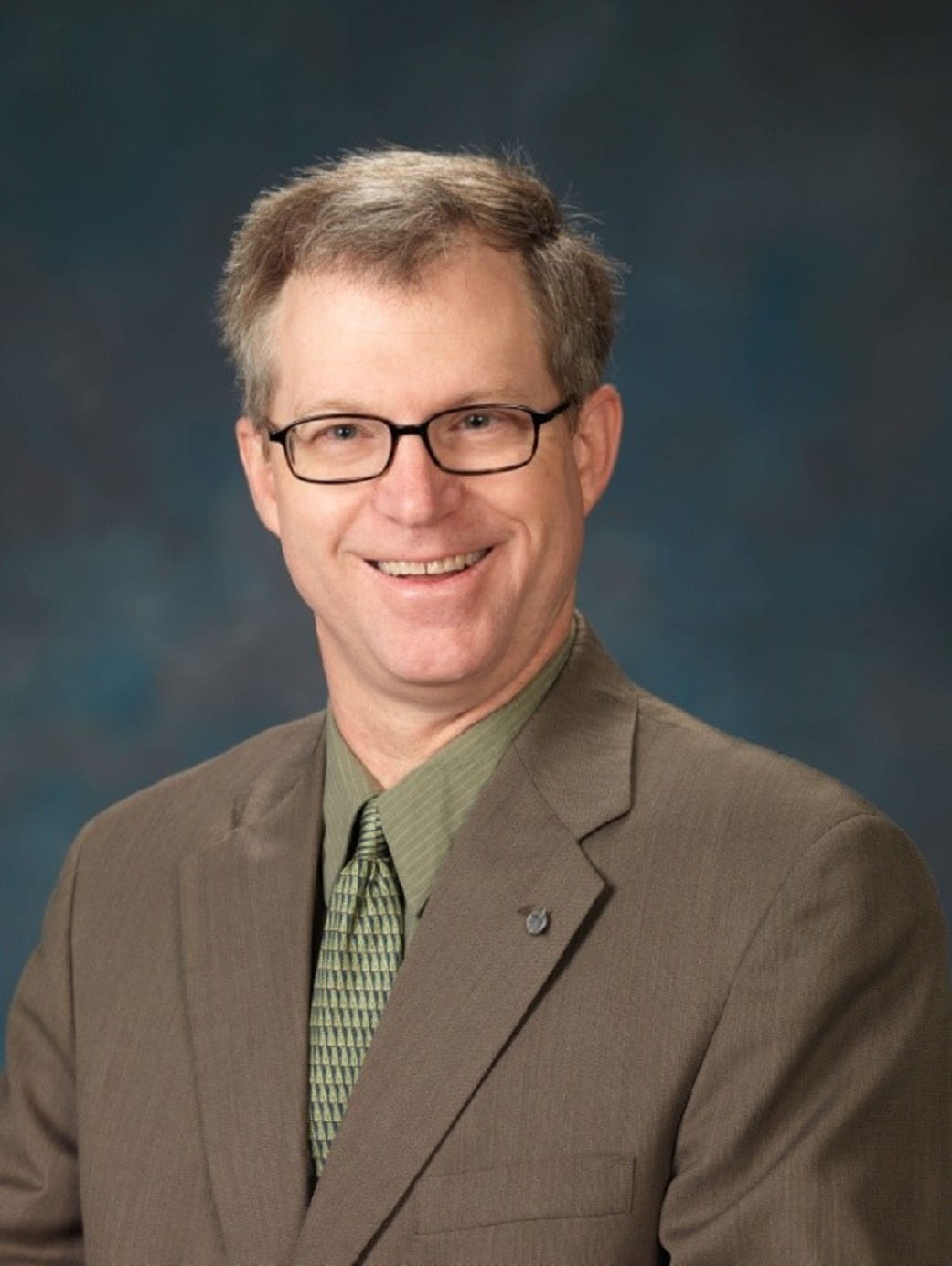 Chris Culbert, NASA Commercial Lunar Payloads Services Manager
Chris Culbert, NASA Commercial Lunar Payloads Services Manager
Mr. Culbert has spent more than 30 years developing technologies and systems for human spaceflight at the Johnson Space Center. He is managing the Commercial Lunar Payload Services project at Johnson Space Center where he is responsible for delivering NASA payloads to the Moon using commercial service capabilities. Previously he was the Chief Technologist for Johnson Space Center, responsible for coordinating center strategies for technology. During his career he has managed the development of advanced technologies in robotics, automation, avionics, and software for Space Shuttle, Space Station, and advanced human missions. As a division chief he has provided systems support for avionics, software, and other key systems for the International Space Station, Orion, and Commercial Crew. He has also led the agency’s Human Spaceflight Architecture team, developing concepts for human missions to deep space and led the Lunar Surface Systems Program Office. He has led centerwide teams to develop core information technology solutions such as consolidated networks and e-mail systems. He started his career as a flight controller in the Mission Control Center where he supported navigation analysis for more than a dozen Space Shuttle missions.
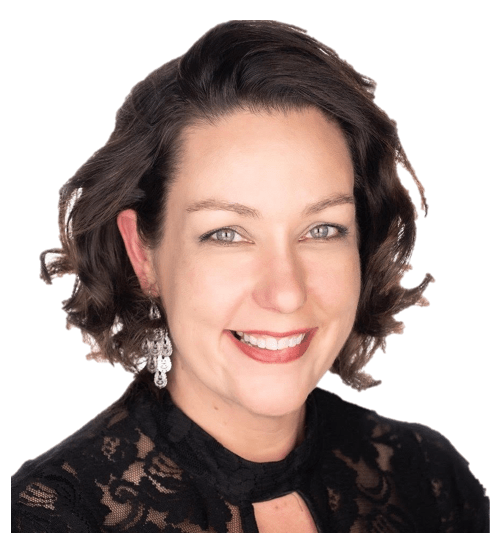 Meagan Crawford, SpaceFund Managing Partner, Rice MBA ‘09
Meagan Crawford, SpaceFund Managing Partner, Rice MBA ‘09
Meagan is one of the leading female voices in the space industry and an experienced space startup executive and founder. She is the host of the Mission Eve podcast that aims to increase the number of women in the space industry, and is frequently featured in news, documentaries, and publications as a thought leader on the industry’s development and investment potential.
Meagan is a NewSpace industry pioneer with a focus on the business of space: finance, investing, management, entrepreneurship, communications, marketing, and team building. A strong believer in the power of free enterprise as the driving force that will lift humanity permanently off-world, Meagan is dedicated to several projects focused on building a sustainable, profitable, successful space industry – for everyone. She is managing partner of SpaceFund, a venture capital firm investing in space startups and is a co-founder of Brand Delta-V, the NewSpace marketing company.
In 2009, Meagan began running the NewSpace Business Plan Competition, a program focused on educating both entrepreneurs and investors, and catalyzing deal flow. As a manager, coach, and judge for the last decade, she has read over 1,000 space business executive summaries, has coached hundreds of selected teams, and helped award cash prizes to dozens of NewSpace startups.
Meagan’s background also includes startup and real estate investing experience as a principal in a Houston family office, technology transfer experience at NASA, space industry executive experience as COO of an asteroid mining firm, management consulting experience, and multiple entrepreneurial successes. She holds an MBA in Finance and Entrepreneurship from Rice University, where she was selected as the Texas Business Hall of Fame scholar, and a BBA in Management from the University of Houston where she was the 2006 Distinguished Graduate.
Meagan is also dedicated to several charity projects that are working to open the frontier. She is a co-founder and Chair of the Board of the non-profit Center for Space Commerce and Finance and is a member of the board of directors of the Space Frontier Foundation, the Earthlight Foundation, and the Mars Initiative. She is also is a scholar alumnus of the Texas Business Hall of Fame.
Meagan is a 5th generation native Houstonian, and a proud Texan. She is mother to two children, two dogs and a cat, and resides in Sugar Land, Texas.
Amiee Quon, NASA Jet Propulsion Laboratory Mechanical Integration Engineer, Rice BSME ‘05
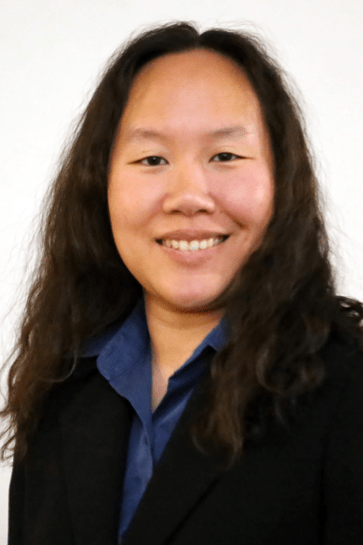 Amiee Quon, MECH ’05, is a mechanical integration engineer at NASA’s Jet Propulsion Laboratory in Pasadena, California. She is currently working on Europa Clipper. Her previous projects include Mars Helicopter, Juno, and Mars Science Laboratory/Curiosity.
Amiee Quon, MECH ’05, is a mechanical integration engineer at NASA’s Jet Propulsion Laboratory in Pasadena, California. She is currently working on Europa Clipper. Her previous projects include Mars Helicopter, Juno, and Mars Science Laboratory/Curiosity.
Human Exploration Panelists
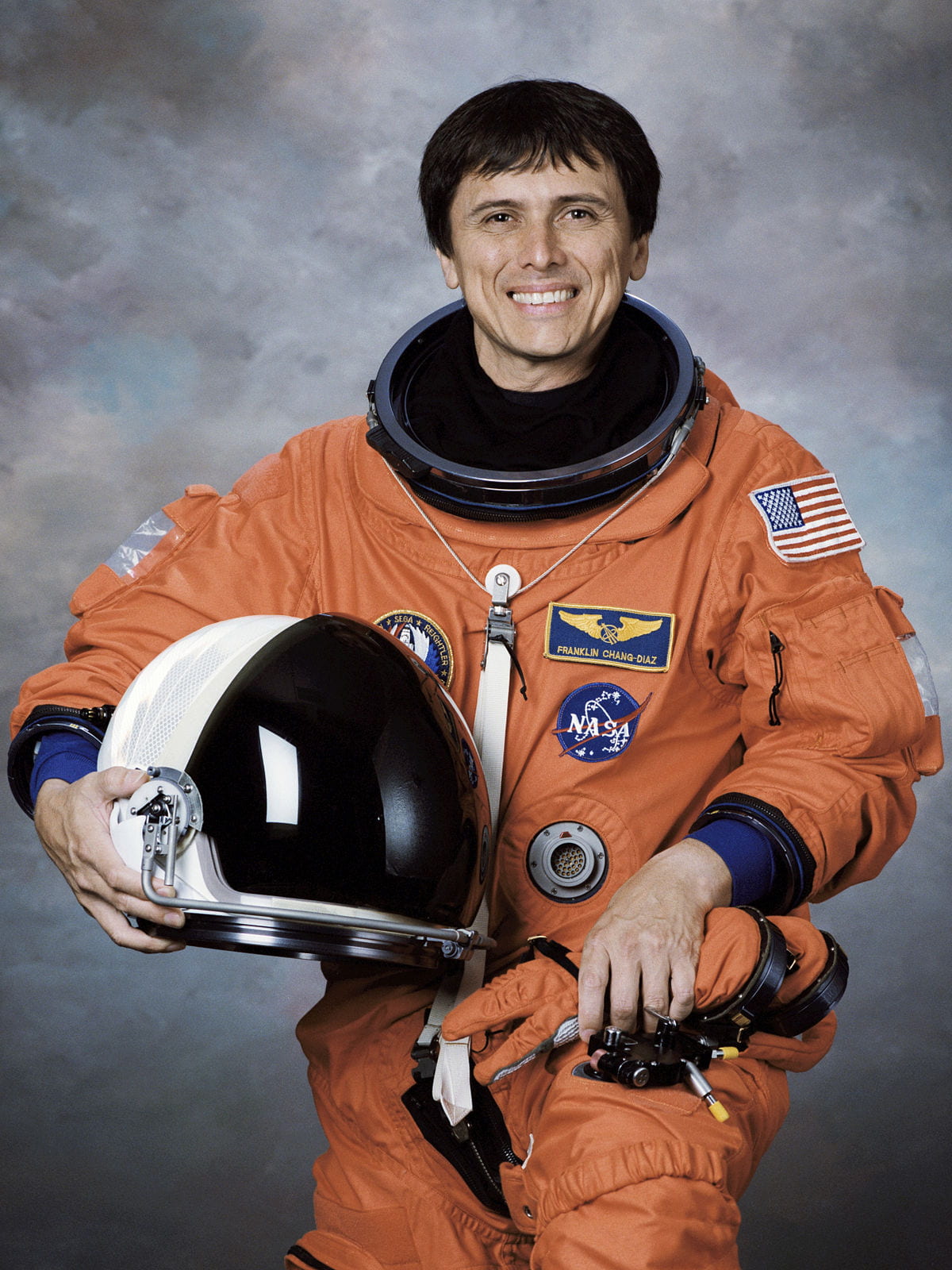 Dr. Franklin Chang Diaz, Ad Astra Rocket Company CEO and Former Astronaut
Dr. Franklin Chang Diaz, Ad Astra Rocket Company CEO and Former Astronaut
Ad Astra Rocket Company is a small R&D company doing big things. Founded by Dr. Franklin Chang Díaz, former NASA Astronaut, Plasma Physicist, and inventor of the VASIMR® engine. Our Webster, Texas facility is focused on the development and testing of the Variable Specific Impulse Magnetoplasma Rocket engine or “VASIMR®” engine, an advanced electric plasma propulsion rocket engine with the potential to revolutionize the way we move around in space. The VASIMR® engine is a more efficient and electric alternative to current methods of space travel. It is easily scalable and has the potential to be adapted for both smaller logistical Low Earth Orbit (LEO) and Cislunar missions as well as deep-space missions. Some of the poteinal applications of the VASIMR® engine include satellite maintenance, space debris clean up, cis-lunar transport and large projects such as fast, deep space voyages to places like Mars and beyond!
The VASIMR® engine began as an idea that came to young Chang Díaz during his time at MIT. While in the Astronaut program, he brought the project to NASA and formed the ASPL (Advanced Space Propulsion Laboratory). In 2005 he privatized the project and formed Ad Astra Rocket Company, with support from private investment and a talented team, Chang Díaz and Ad Astra have grown the VASIMR® engine into what it is today. The company has also expanded with a subsidiary in Costa Rica that focuses on implementing hydrogen technology and renewable energy solutions worldwide. Both locations aim to advance transportation solutions both in space and on earth while improving environmental health.
 Dr. David Alexander, Rice University Professor and Rice Space Institute Director
Dr. David Alexander, Rice University Professor and Rice Space Institute Director
David Alexander is a professor in the Department of Physics and Astronomy, where his primary areas of research are solar physics exoplanetary physics and earth remote sensing. As Director, Professor Alexander is responsible for managing all aspects of the growth and development of the institute. This includes providing vision, direction, and leadership, managing the various institute programs, identifying and fostering research opportunities for our faculty, and interacting with government and the space industry.
Professor Alexander was recently named an Officer of the Most Excellent Order of the British Empire (OBE) by Her Majesty the Queen in the Birthday Honours List of June 2018 for services to US/UK connections in the space industry and higher education.
Professor Alexander received a Presidential Early Career Award for Scientists and Engineers in 2004 and was appointed a Kavli Frontiers Fellow by the National Academy of Sciences in 2006. He is currently Chair of the Mauna Loa Solar Observatory Users’ Committee. He is also former Chair of the Solar Physics Division of the American Astronomical Society and former Chair of the Solar Heliospheric Interplanetary Environment (SHINE) program. Professor Alexander has served on many national and professional committees including the NASA Advisory Council’s Heliophysics Subcommittee, the NASA Solar Heliospheric Management and Operations Working Group (SH-MOWG), ESA/NASA Solar Orbiter Payload Committee and the Science Advisory Board of the High Altitude Observatory Coronal Solar Magnetism Observatory. He currently serves on the advisory board of SpaceCom, Deep Space Industries, and the Sasakawa International Center for Space Architecture at the University of Houston and on the editorial boards of ROOM: The Space Journal and Space Science Reviews. He has been named a GlobalScot by the Scottish government and appointed to the UNESCO EOLSS subcommittee on the Science of Space. He was also recently elected to the Board of Directors of the American Astronautical Society.
Professor Alexander joined the faculty at Rice in 2003, coming from the Lockheed Martin Advanced Technology Center in Palo Alto, California where he was a Staff Physicist working on the development of advanced space missions for solar physics. He received his Bachelor of Science in Natural Philosophy and Astronomy, and his doctorate on Relativistic Cosmological Models from the University of Glasgow.
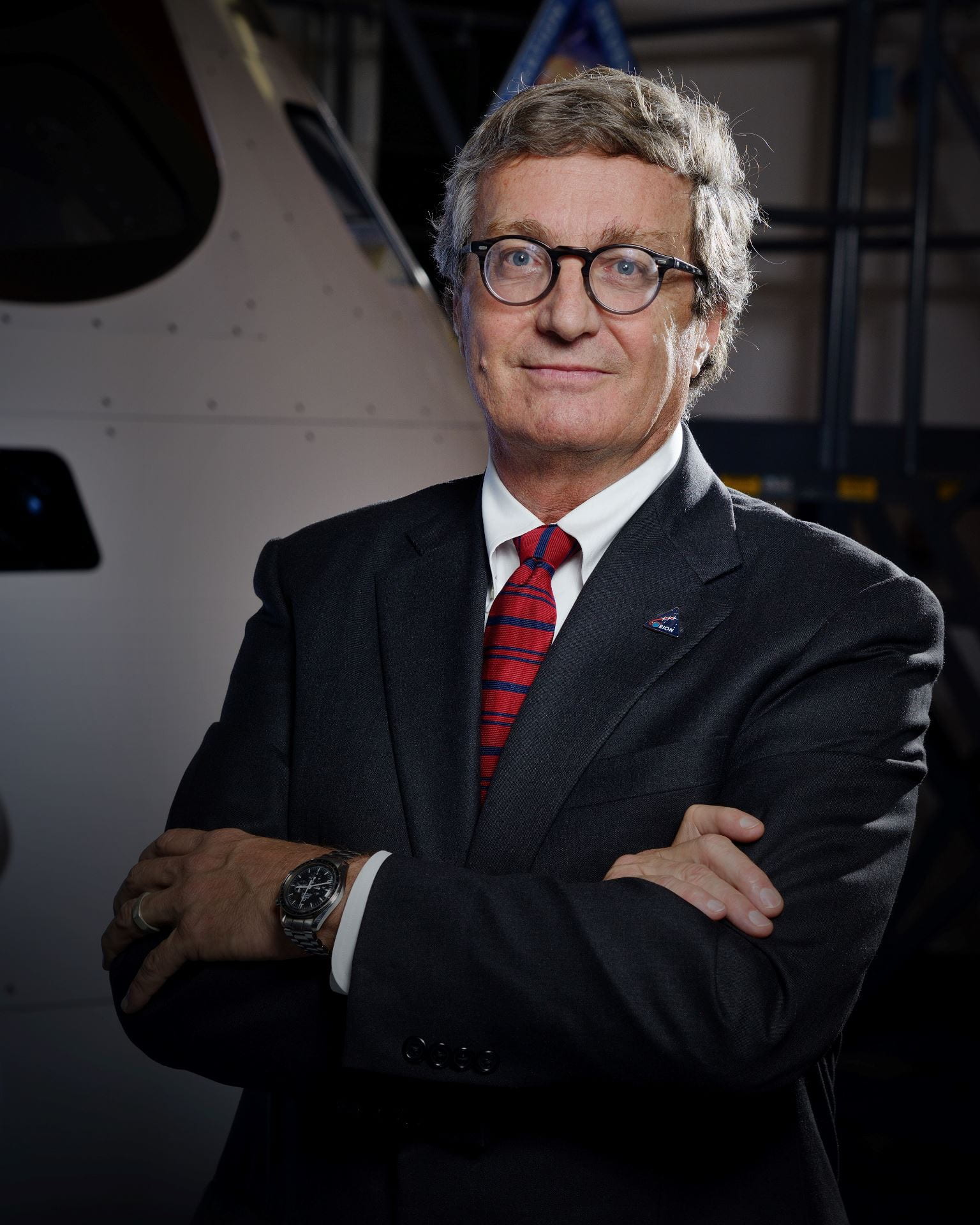 Laurence Price, Lockheed Martin Orion Deputy Program Manager
Laurence Price, Lockheed Martin Orion Deputy Program Manager
Laurence A. Price joined Lockheed Martin in 1982 and was appointed to his current position as Deputy Orion Program Manager in 2005. He is responsible for the development of NASA’s Orion spacecraft.
Price previously served as Director of Space Transportation Strategic Development where he was responsible for Lockheed Martin Launch Systems’ long-term direction addressing Department of Defense, NASA and commercial space transportation systems. In addition, Price led the Alternate Access to Space Station project, which developed a commercial logistics capability to autonomously deliver and return space station cargo.
As the Director of Small Launch Vehicles, Price was responsible for the Athena and Multi- Service Launch System launch vehicle programs. The program team successfully launched the first flights of the Athena I and Athena II space launch vehicles and developed launch complexes at Vandenberg Air Force Base, California; Cape Canaveral, Florida; and Kodiak Island, Alaska. During this assignment, he was responsible for the launch of five Athena I and II vehicles for NASA and commercial customers including Taiwan’s first space launch, and 2 MSLS vehicles for the Air Force.
Price also served as Director, Titan II Space Launch Vehicle program, and was responsible for cost schedule and performance of the Air Force Titan II system. In addition, Price was a project engineer on the NASA Space Shuttle Air Force payload integration contract responsible for the design and qualification of a cargo bay contamination instrument Ascent Particle Monitor which flew numerous times. He was also responsible for mission planning and integration of two Shuttle payloads, Storable Fluid Management Demonstration and Interim Operational Contamination Monitor.
Prior to joining Lockheed Martin in 1982, Price was a project manager at Los Alamos Technical Associates, New Mexico, responsible for analysis and testing of nuclear weapons effects on aerospace structures. He also worked as a project engineer at Hughes Helicopter Company, California, responsible for development and FAA certification of improvements to the OH-6A helicopter.
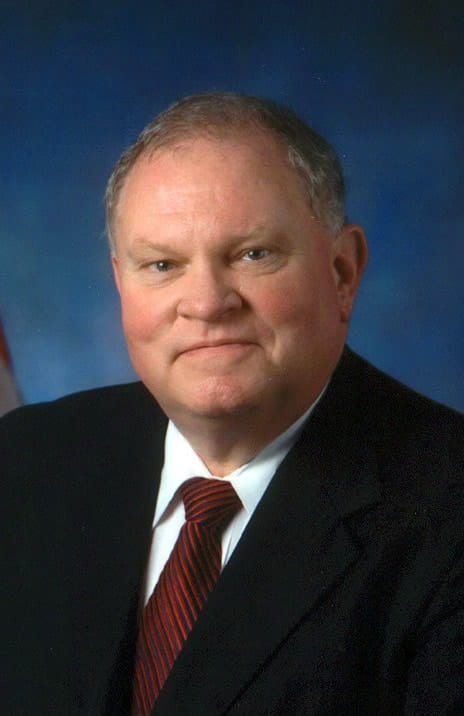 Mark Craig, Retired NASA Executive
Mark Craig, Retired NASA Executive
Having seen Sputnik as a child and been awakened by his father to watch Mercury and Gemini launches, Mark aspired to work for NASA. Raised in Midland, Texas he began his NASA career in Houston as a co-op student on the Apollo program in 1967. An expert in spacecraft engineering and analysis, he subsequently contributed to the Apollo-Soyuz, Space Shuttle, Space Station, Mars Rover Sample Return, and Lunar-Mars Exploration programs in positions progressing from engineer to program manager. At NASA Headquarters in Washington Mark was Acting Assistant Administrator, Exploration and architect of the NASA Strategic Plan. He was Deputy Director and Acting Director of the Stennis Space Center and Associate Director of the Johnson Space Center. After retiring from a 38 year career with NASA, Mark supported NASA as Vice President of SAIC from which he retired in 2015. At that time he was presented an American flag flown over the U.S. Capitol at the request of Congressman Joe Kennedy III to honor his 48 years of service to the Nation’s space program. He is a space themed attraction consultant, a space strategy advisor, and a mentor to Astronaut Scholarship Foundation scholars and other young people.
Mark earned a B.S. in Astronautical Engineering from Purdue University in 1971, pursued engineering graduate study at Rice University, and completed MIT’s Sloan Program for Senior Executives in 1992. He has received many awards including NASA medals for Distinguished Service and Outstanding Leadership, the Rotary National Award for Space Achievement Stellar Award, and the NSPE Federal Engineer of the Year Award. Mark is a Distinguished Engineering Alumnus of Purdue and a Fellow of the American Astronautical Society. He was elected to the International Academy of Astronautics in 1992 and was elected President of the American Astronautical Society in 2005.
Mark is an Elder of the Presbyterian Church and a member of the National Eagle Scout Association and the Executives Association of Houston. He collects old, original prints and is a Patron of the Museum of Fine Arts, Houston where he volunteers research on prints and drawings.
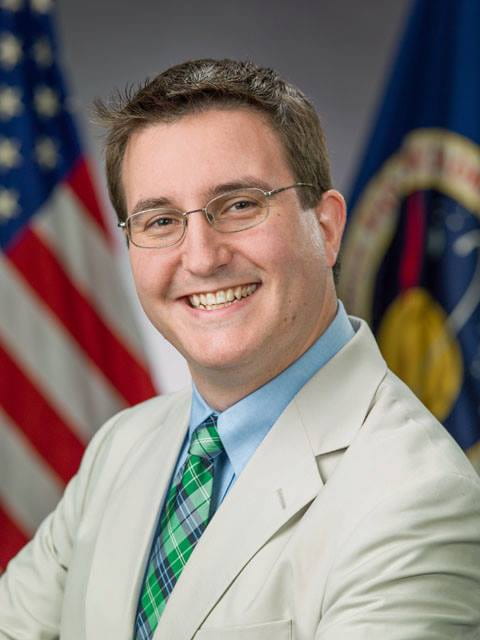 Sam Schnuer, Cimarron Software Services Spaceflight Systems Lead, Rice BSME ‘04
Sam Schnuer, Cimarron Software Services Spaceflight Systems Lead, Rice BSME ‘04
Sam Schnuer joined Johnson Space Center in 2005 as a member of the Operations Support Officers, who coordinate and plan maintenance on the International Space Station. In 2008, Mr. Schnuer moved to the Communications RF Onboard Networks Utilization Specialist group, who manage all computers and the communications links on the ISS to the Tracking and Data Relay Satellite network. Mr. Schnuer graduated Rice 2004 with a Bachelors in Mechanical Engineering.